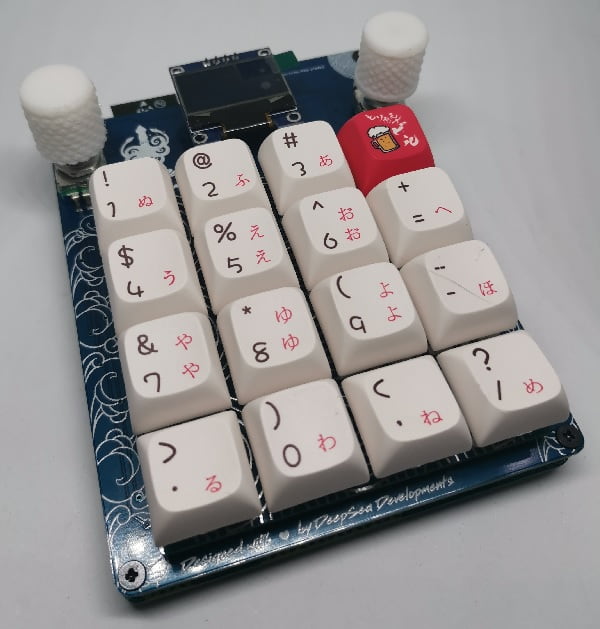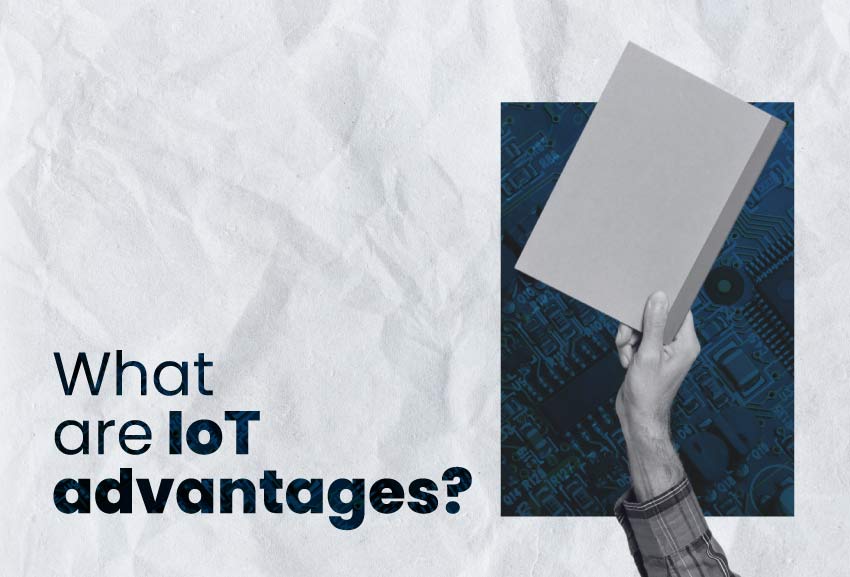Find out in this article the top IoT programming languages you can use when you are in the process of IoT prototyping. These languages have different characteristics, pros and cons, depending on the project you want to build, there will be some of them that will be more used than others.
What is the use of programming language?
Programming languages are used to write instructions or code that computers can understand and execute. They serve as a means of communication between humans and machines, enabling the creation of software applications, websites, mobile apps, and several other computational tasks.
Some key uses of programming languages are:
- Software development
- Web development
- Mobile applications
- Embedded systems in IoT
- Data analysis and machine learning
- Game development
- Scripting and automation
For instance, programming languages are crucial for developing software and firmware for embedded systems in Internet of Things devices.
Among the most popular embedded programming languages, you can find C and C++, which are commonly used due to their efficiency, low-level hardware access, and small memory footprint. They enable developers to write code that controls the behavior of microcontrollers, IoT sensing, actuators, the IoT protocols, and other components.
Most popular languages for IoT programming
Many people come to us asking what programming language is used for IoT. Well, there are some languages that are more used than others, but mainly, programming languages for IoT can vary based on specific use cases and evolving trends.
Several IoT programming languages have gained significant popularity in IoT development due to their suitability for different aspects of IoT systems. That’s why we want to share here some of the most popular:
1. C – Most popular IoT programming language
C is considered one of the most popular languages for IoT development, especially for microcontrollers.
IoT programming in C offers low-level control, direct hardware access, and efficient memory usage. C language is known for its simplicity, portability, and compatibility with various hardware platforms. Its small footprint makes it ideal for resource-constrained IoT devices.
For instance, our open source macro pad called DeepDeck uses C language, it is mounted on FreeRtos and espressif. Thanks to the IDF framework, it is easier to build the code using C.

2. C++
C++ builds upon the foundations of C and adds features such as object-oriented programming (OOP) and abstraction.
This IoT programming language offers a more robust and modular approach, making it suitable for larger IoT systems and applications. C++ provides enhanced code organization, reuse, and maintainability while retaining the efficiency and low-level control of C.
C and C++ are among the most prevalent programming languages for IoT microcontrollers. Both languages offer direct control over hardware, making them ideal for resource-constrained devices where performance is critical.
Besides, a vast array of libraries and frameworks are available, providing extensive support for IoT device development.
3. Python
Python has gained significant popularity in IoT development, particularly for IoT cloud and data analysis tasks. It is known for its simplicity, readability, and extensive libraries.
IoT with Python offers excellent support for data manipulation, integration with cloud services, and machine learning. Its versatility and ease of use make it a favorite choice for prototyping and rapid development (See IoT with Raspberry Pi).
While not as lightweight as C/C++, Python is attractive for its simplicity, readability, and vast community support. Python’s extensive libraries and frameworks make it a suitable choice for rapid prototyping and development of IoT devices.
4. Java
Java is a widely adopted language for IoT gateway development. It offers a robust and scalable platform with excellent support for networking protocols and data processing. Java’s extensive libraries, frameworks, and tools make it suitable for building complex IoT systems that require high-performance gateways.
5. JavaScript/Node.js
JavaScript, along with its runtime environment Node.js, has gained popularity in IoT development, especially for real-time and event-driven applications.
Node.js provides a non-blocking I/O model, making it well-suited for handling concurrent connections and scalable IoT solutions. JavaScript’s versatility extends to both frontend web development and backend IoT cloud services.
6. Rust
Rust has emerged as a language with a focus on safety, performance, and memory management. It offers strong compile-time checks and memory safety guarantees, making it attractive for IoT devices with critical operations and security requirements.
Rust’s features help prevent common programming errors and ensure reliable and efficient code execution.
7. Lua
Lua is a lightweight scripting language that is often used in IoT devices with limited resources. It is known for its simplicity, small footprint, and easy integration into existing C/C++ codebases.
Lua’s versatility allows it to be embedded in microcontrollers, requiring fewer code lines, and providing flexibility for customization and extending functionality.
Choosing the best language for programming in IoT
Which of the previously mentioned languages is the best for IoT programming? Well, it all depends on what project you are trying to develop, its features, and how robust it is. Firmware development companies are a great ally in this process, since they will know what option will work best for your IoT project.
We can also mention some factors that can help you make a decision on what could be the best option.
1. Hardware Constraints
Evaluate the memory, processing power, and energy consumption limitations of the Internet of Things device you want to build.
Opt for a programming language that is lightweight and efficient in resource usage, such as C or C++, to ensure optimal performance.
2. Developer Expertise
Consider the skills and experience of your development team. Choosing a language they are familiar with can accelerate development and reduce the learning curve.
If your team has expertise in a particular language, leverage it for better productivity. If you want to hire an IoT product development company, validate the different languages they have used for building IoT products, and how they perform. You could also analyze examples of the Internet of Things to validate which programming languages they are based on.
3. Interoperability
Assess the compatibility requirements of your IoT system. If you need seamless integration with existing software or hardware components (hardware design process), choose a language that offers good interoperability options, such as Python or Java.
4. Ecosystem and community support
Evaluate the availability of libraries, frameworks, and developer communities associated with a programming language.
Why? Because a popular ecosystem can provide valuable resources, support, and code samples that can accelerate development and troubleshooting.
5. Security Considerations
Pay attention to security requirements specific to your IoT product. The recommendation here is to look for programming languages that offer robust security features and have established security practices and frameworks.
6. Performance and scalability
Consider the performance requirements of your IoT device, as well as the scalability needs. If you anticipate handling large volumes of data or concurrent connections, choose a language that provides efficient concurrency models, or that can easily integrate with machine learning algorithms.
7. Durable over time
Anticipate the future growth and evolution of your IoT application. Select an IoT programming language that is actively maintained, has a strong developer community, and demonstrates compatibility with emerging IoT standards and technologies.
It is hard to ensure which programming language will survive the pass of time, but you can analyze trends to see where the market is going. This is also crucial for Marketing IoT products, since consumers will prefer systems that contain user-friendly settings and languages.
By considering all the information provided here, and carefully evaluating the specific requirements of your IoT project, you could make an informed decision on the best programming language that aligns with your objectives and ensures the success of your IoT device.
Do you need advice on which IoT programming language is the best option for you? Click on the button below to book a free consultation, our expert engineers will be ready to help you out.






